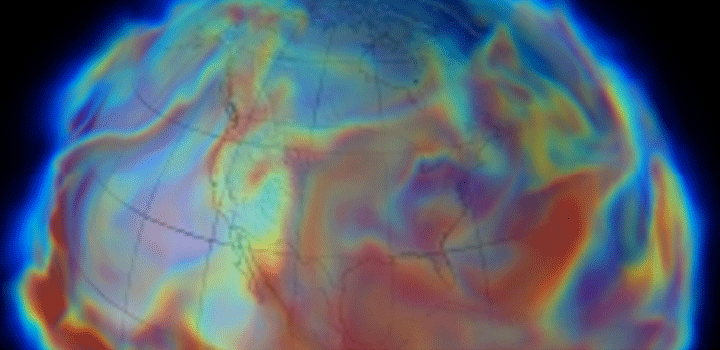World History Association & UWM Asian Studies Distinguished Lecture
The “Human” in History and Biology:
Questions of Scale, Questions of Value
Julia Adeney Thomas
Associate Professor of History, University of Notre Dame
7pm Thursday, April 5th
UWM Libraries 4th Floor Conference Center
What does it mean to be human in an epoch of accelerating climate change, the Age of the Anthropocene?Some theorists have argued that if humanity has become a geological agent shaping earth systems, “human history” and “natural history” should meld. Award-winning environmental and intellectual historian Julia Adeney Thomas will examine this claim, looking at different definitions of “the human” put forward by paleobiology, microbiology, and biochemistry, in order to ask how each might shape histories concerned with the Anthropocene. Drawing on examples from Japan’s experience with toxic waste at Minamata and the scientific studies unwittingly mirroring the political tensions between Korea, China, and Japan, she takes into account history’s political function and the relationship between history and the sciences in order to consider what it means to be human as our aggregate impact on the planet escalates.
Reception with light refreshments to follow lecture/Q&A
JULIA ADENEY THOMAS is an environmental, intellectual, and political historian of modern Japan, who trained at Princeton, Oxford, and the University of Chicago. Her book, Reconfiguring Modernity: Concepts of Nature in Japanese Political Ideology (2002), was awarded the John K. Fairbank Prize, one of the highest honors in the field of East Asian history. Among her numerous publications, she co-edited the influential volume, Japan at Nature’s Edge: The Environmental Context of a Global Power (2013). In addition to her research on climate change, she is currently working on an edited collection entitled Visualizing Fascism, on the rise of the global right.
Co-sponsored by: World History Association, Northeast Asia Council of the Association for Asian Studies, Japan-U.S. Friendship Commission, UWM Center for International Education, Asian Studies Program, Department of History, Department of Foreign Languages & Literature – Japanese Language Program With additional endorsements by: The Center for 21st Century Studies, Honors College
For more information, please contact Nan Kim or Hilary Snow .
